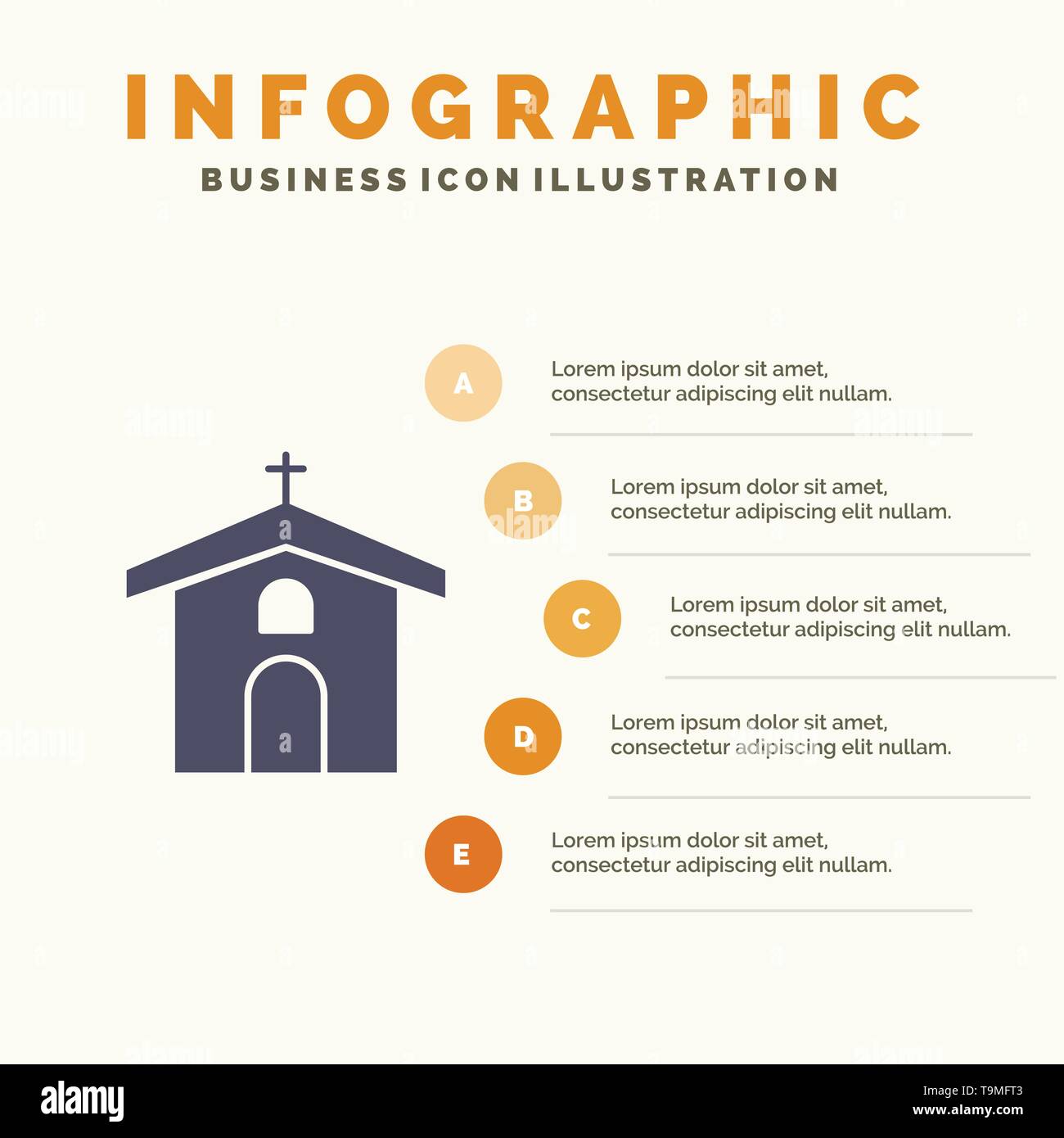The Historical Significance And Duty Of Churches In Modern Culture

Authored By-Chen Howe
You may think about churches as simply places for praise, yet their duty has evolved significantly over time. They've transformed right into area centers, addressing various social problems and promoting connections among participants. As society adjustments, churches deal with special difficulties and need to adjust to continue to be pertinent. What's driving this improvement, and just how do modern-day churches impact today's areas? Discovering these concerns discloses much regarding their enduring relevance.
The Development of Churches With History
As society has proceeded, the function and structure of churches have actually changed dramatically. You may discover that early churches primarily worked as churches and community event, rooted deeply in custom.
Over time, these establishments adapted to the changing requirements of their members, often showing social changes. As an example, the Reformation sparked a surge in varied denominations, each accepting unique beliefs and techniques.
Today, many churches concentrate not just on spirituality but also on social issues, engaging with modern difficulties like poverty and inequality. This development demonstrates exactly how churches remain to matter, attending to modern concerns while keeping their core objective.
Recognizing this journey aids you appreciate the long-term effect of churches in our lives.
The Function of Churches in Area Building
Churches play an essential function in building solid areas by promoting connections among individuals and family members. They offer an inviting room for people to collect, share experiences, and support each other.
By holding occasions like meals, workshops, and volunteer chances, churches encourage involvement and cooperation amongst members. You'll find that these gatherings frequently bring about lasting friendships and networks of assistance.
Furthermore, churches frequently act as a hub for outreach, assisting those in need with food drives, counseling, and various social work. They develop a feeling of belonging, reminding you that you're part of something larger.
When you engage with your local church, you're not just participating in solutions; you're proactively contributing to a vibrant, interconnected neighborhood that flourishes on shared assistance and empathy.
Obstacles and Adaptations in Contemporary Culture
While neighborhood structure continues to be a keystone of church life, modern society provides special difficulties that require adaptation. You've likely seen declining participation and changing demographics, making it important for churches to reconsider their strategies.
Involving more youthful generations with innovation and social media sites can aid bridge the gap. Think about hosting on the internet services or community events that reverberate with diverse interests.
Additionally, attending to social problems like psychological health and social justice can draw in those looking for assistance and purpose. You can develop inclusive settings that welcome every person, fostering a feeling of belonging.
Verdict
To conclude, churches have actually transformed from easy churches right into vital community centers that address today's social problems. As you assess their advancement, it's clear they play a vital duty in fostering connections and giving support. Despite https://telegra.ph/Grasping-The-Important-Function-Of-Churches-In-Cultivating-Neighborhood-Connections-Shows-Exactly-How-They-React-To-Neighborhood-10-03 , modern churches adjust by accepting innovation and inclusivity, ensuring they continue to be relevant. Their recurring existence not only nurtures a sense of belonging however also shapes societal values, making them a vital part of contemporary life.

